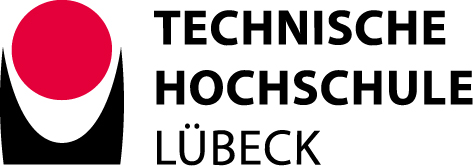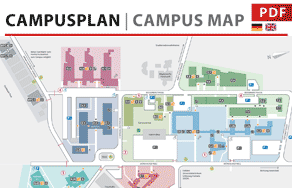Environmental Engineering and Management, B.Sc.
Comprehensive environmental protection is a central challenge to securing the basis of life for all organisms, ultimately including humans. However, the implementation of environmental protection raises many questions, reveals conflicts of interest, and poses many challenges. Given the complex interrelationship of issues and actors in a global system spanning technical, economic, ecological, and social dimensions, environmental protection can only succeed through interdisciplinary collaboration among stakeholders.
Scientific and technical expertise provides an excellent foundation for optimizing the human technosphere. Today`s technical facilities are highly complex, and their design, manufacturing, operation, and especially optimization typically require detailed technical knowledge that spans various disciplines. To truly promote and implement improvements for greater environmental protection, suitable conditions are also necessary, such as legislation and economic control mechanisms. The market uptake of innovations resulting from research efforts depends not only on appropriate political support but also on effective operational management.
Therefore, the degree program includes not only technical and natural science subjects, but also modules related to the relevant framework conditions and management.
In the first semesters, the focus is on basic natural science and technical subjects. Starting in the third semester, students are introduced to the fundamentals of environmental engineering and management. Building on this foundation, students will specialize in the fields of environmental engineering and environmental management.
From the 4th to the 6th semester, students have a wide range of options to customize their studies. This includes the opportunity to take elective courses throughout the university. Most notably, students can choose from a wide range of specialized courses in various disciplines.
In the 6th semester, individual project work allows for a specific and possibly interdisciplinary engagement with particular issues. In addition, this semester can be used to study abroad at an European or non-European university (mobility window).
In the final 7th semester, students first complete an internship in an (industrial) company or a public institution, either in Germany or abroad. Then, during the following 3 months, they work independently on a practical problem for their bachelor thesis.
The majority of students write their thesis in collaboration with an external partner.
Elective Courses
In the 6th semester, students have the opportunity to acquire a part of the required credit points by freely choosing courses at Technische Hochschule Lübeck. In addition, the curriculum for the 3rd to 6th semesters includes the enrollment in elective modules from a wide range of subject-specific courses.
Based on their interests and inclinations, students are free to determine the focus of their studies in the 3rd, 5th, and 6th semesters (refer to the list in the examination regulations).



